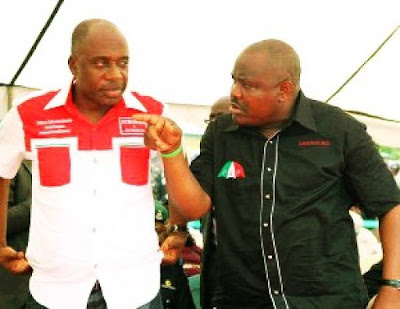By Matthew Hassan Kukah
On February
24, this year, I delivered the convocation lecture for the University of Abuja ,
titled, Though Tribe and Tongue May Differ: Managing Diversity in Nigeria
The cumulative effect litters the landscape
and goes by different names: corruption, underdevelopment, stagnation, decay,
etc. In the Lecture, I argued that: We have lacked the courage to take
some of the tough decisions that would have changed our country today. We found
the discipline and demands of equality enshrined in our democracy difficult to
uphold and therefore we opted to cohabit with feudalism. The result is that we
have constructed a rickety double decker identity vehicle whereby we inhabit one
section as citizens and another as subjects. Government has been unable to
secure the loyalty of its citizens who prefer to preserve their reverence and
loyalties to their local communities. The consequences of our lack of clear
choices now stare us in the face. We are unable to submit to a single loyalty
code. The elites steal from government and return home to feather the local
nest presided over by the local hegemon before whom they prostrate as favourite
sons and daughters adorned with feathers of recognition and appreciation.
 |
| *President Muhammadu Buhari and Bishop Mathew Hassan Kukah |



















